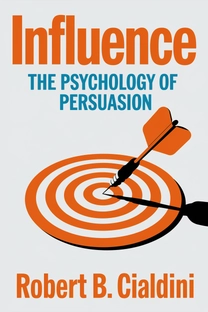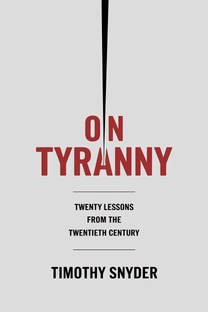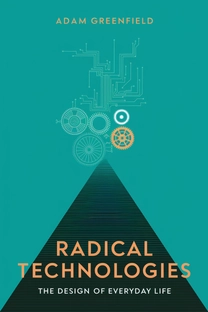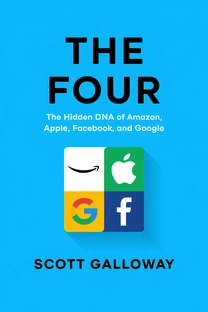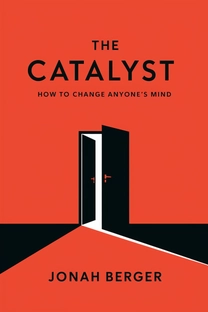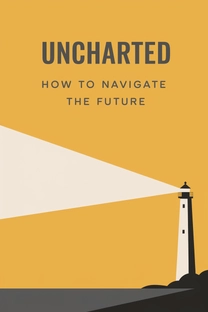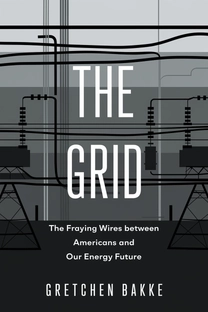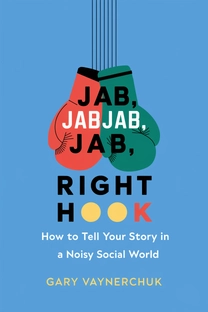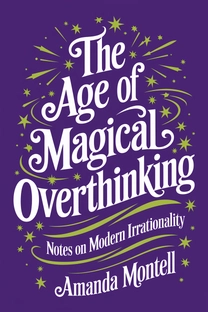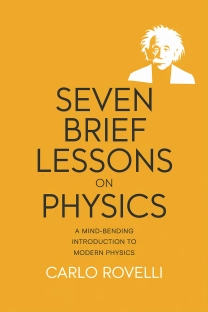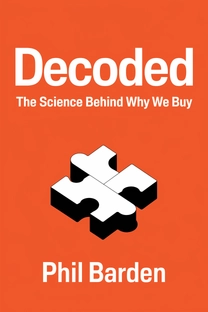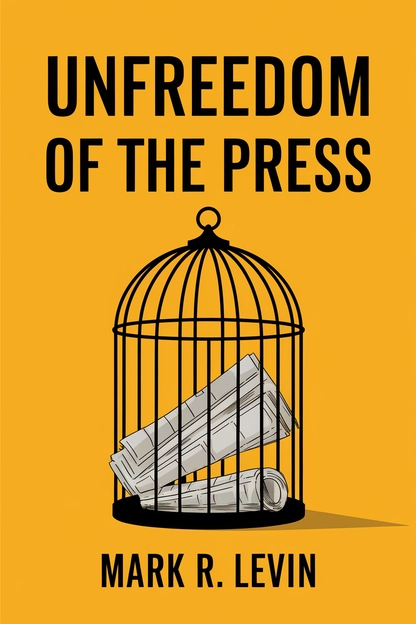
Unfreedom of the Press
by Mark R. Levin
Brief overview
This book explores the unsettling transformation of the press from a champion of free expression to a vehicle for political bias and social activism. It surveys how past models of journalism gave way to a media culture prone to selective coverage, sensationalism, and skewed interpretations of events. Expect to learn about the historical role of the press, how newsrooms became ideological battlegrounds, and why conscientious reading and critical thinking are vital today.
Introduction
Our civilization rests on the pillar of a free press. Yet, as this book reveals, that pillar is being chipped away from the inside. Many once-trusted news outlets now filter facts through partisan mindsets: sensational narratives seize the spotlight while complex truths go unaddressed. This shift has corroded public trust, leaving citizens wary and divided.
The press was originally meant to inform and empower the people, reinforcing the ideal of open debate. Over time, however, market pressures and overt political leanings have encouraged one-sided stories. Now, instead of cultivating genuine dialogue, media coverage can stir anger or feed narratives that benefit specific ideologies or parties.
A key argument here is that the erosion of press freedom is not primarily caused by heavy-handed governments. Instead, the media’s own culture fosters groupthink and misguided gatekeeping. This means that crucial discussions about policy or governance can be overshadowed by smokescreens and gossip, effectively burying facts beneath opinion.
From Revolutionary Pamphlets to Partisan Papers
In the stirring days leading to American independence, newspapers were frank about their loyalties. Pamphleteers and printers openly backed the cause of liberty, weaving facts with appeals to break free from British rule. These fervent broadsheets rallied communities and shaped the new republic’s philosophical foundations.
Later, the so-called “party-press” era emerged. Newspapers often aligned with either the Federalists or the Jeffersonian Republicans, distributing content meant to advance party messages. Though openly partisan, they nonetheless upheld certain commitments to delivering timely accounts about government affairs.
This public loyalty to a party didn’t hide behind claims of neutrality. That transparency let readers recognize an editorial voice unapologetically promoting one side. Today’s news outlets still echo this approach—but less honestly. Many proclaim objectivity while presenting a uniformly slanted perspective that can be more distorted than the blatant biases of older papers.
What is Unfreedom of the Press about?
Unfreedom of the Press by Mark R. Levin reveals the significant transformation experienced by the American press over time. Delving into the origins of journalism, Levin illustrates how early newspapers were central players in America’s fight for independence, proudly partisan yet honest in their proclamations. This rich historical context lays the groundwork for understanding today’s media landscape, which often reinforces particular ideologies at the expense of objective reporting.
In Unfreedom of the Press, Levin argues that the collective willingness of modern studios to tailor coverage to fit preconceived notions has led to an erosion of public trust. Through examining biased reporting, pseudo-events, and media's intertwined relationship with politics, the book exposes how journalism ethics have shifted, emphasizing ideology over truth. Levin’s insights are timely and crucial, encouraging readers to embrace critical thinking as they navigate contemporary media.
This book is a powerful testament to the importance of a free and unbiased press in upholding democracy and societal discourse. By tracing back the roots and evolution of journalistic practices, Levin insists that a revitalized commitment to objectivity and factual reporting can still have a meaningful impact on public perception and democracy.
Review of Unfreedom of the Press
Unfreedom of the Press excels in its astute examination of how the media has evolved from a democratic pillar to an arena dominated by partisanship. Levin captures this intricate transformation using a rich tapestry of historical references and modern examples. From the role of printed pamphlets in the American Revolution to the rise of progressivism, Levin’s comprehensive narrative outlines how journalism has continuously shaped public consciousness.
In terms of writing, Levin delivers his findings with a tone accessible to seasoned media analysts and everyday readers alike. His narrative provides practical insight for anyone eager to traverse today’s complex media maze. Levin’s critique of pseudo-events – contrived scenarios designed to capture attention – resonates in our digital era of clickbait. The book empowers readers with tools to discern between fact and commentary amidst the noise.
No matter your political inclination, Unfreedom of the Press is an essential read for anyone keen on understanding the media’s vast power and influence. Levin's assessment encourages reflection on the boundaries between journalism and entertainment, urging readers to demand more of their news sources. For those eager for deeper understanding, Levin’s book presents a clarion call to remain vigilant and informed in the pursuit of truth.
Given this book's broad appeal and depth, I highly recommend Unfreedom of the Press to anyone wishing to comprehend the media’s present state and its impact on democratic values.
Who should read Unfreedom of the Press?
- <p><strong>Media Analysts</strong>: Media professionals and analysts will find this book an invaluable resource for understanding the historical shifts in journalism practices and the implications for future media narratives.</p>
- <p><strong>History Enthusiasts</strong>: Those with a keen interest in American history will appreciate the historical contexts provided by Levin, illustrating the evolution of media’s role in societal change over centuries.</p>
- <p><strong>Students of Communication</strong>: Aspiring journalists and scholars will gain insights from Levin's exploration of media ethics and dynamics, offering lessons on maintaining objectivity in a fluid media landscape.</p>
- <p><strong>Political Enthusiasts</strong>: Individuals captivated by political systems and their ties to media will gain a nuanced perspective on how journalism influences governance and public opinion.</p>
- <p><strong>Critical Thinkers</strong>: Fans of rigorous media scrutiny will benefit from Levin’s thorough argument for embracing critical examination and diverse news sources in contemporary media consumption.</p>
About the author
Book summaries like Unfreedom of the Press
Why readers love Mindleap
10-Minute Book Insights
Get the core ideas from the world's best books in just 10 minutes of reading or listening.
Curated For You
Discover your next favorite book with personalized recommendations based on your interests.
AI Book ExpertNew
Chat with our AI to help find the best book for you and your goals.
Reviews of MindLeap
Love how I can get the key ideas from books in just 15 minutes! Perfect for my busy schedule and helps me decide which books to read in full.
Alex R.
The summaries are incredibly well-written and the audio feature is perfect for my commute. Such a time-saver!
Jessica M.
Great app for personal growth. The insights are clear and actionable, and I love how they capture the essence of each book.
Chris P.
The app is beautifully designed and the summaries are top-notch. Definitely worth every penny!
Sarah K.


